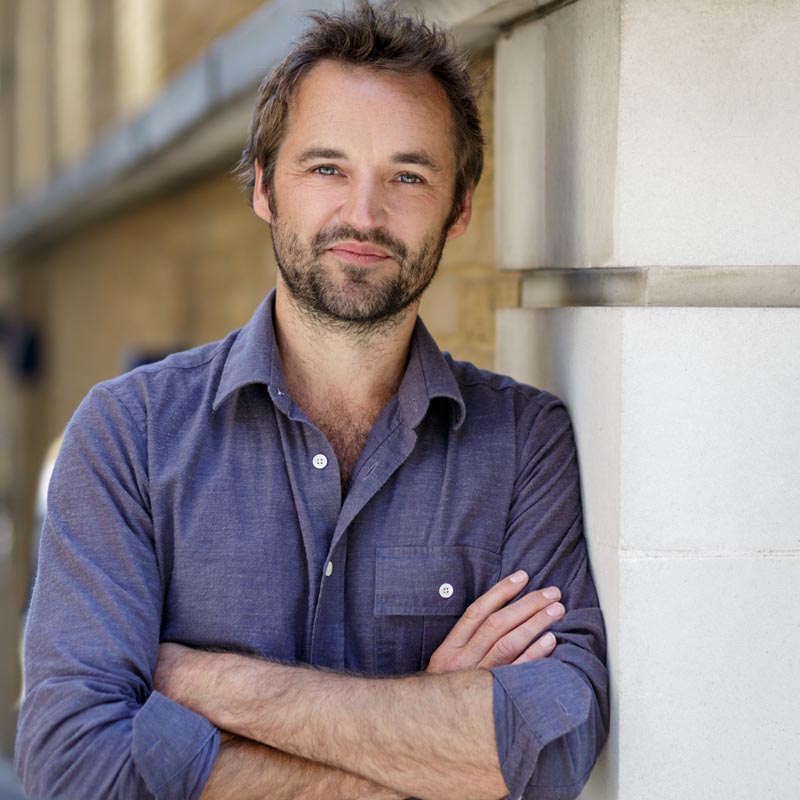“Those who do not have power over the story that dominates their lives, power to retell it, to rethink it, deconstruct it, joke about it, and change it as times change, truly are powerless, because they cannot think new thoughts.”
Salman Rushdie
Everyone has a story to tell about themselves. These stories enable us to have a place in the world that gives us a sense of meaning, purpose and control. The experience of dementia demonstrates the extent to which a stable sense of self or personhood relies upon these narratives. These stories are not entirely of our own making. They are made out of the stories we are told about ourselves as well as from stories we find out there in the world that we most identify with. Having a compelling and coherent story about ourselves, one that is resistant to change, can be a great source of comfort, strength and self-confidence.
Whilst these stories can fortify us and help to preserve our identity, they can, when they become fixed, prevent us from changing and even become a source of suffering. Being fixated on a rigid story about ourselves can create conflict and distress when this version of reality no longer adequately reflects our lived experiences or the experiences of others we share our lives with. Furthermore, if we always think we know exactly who we are and what we are about, we will never be able to fully recognise who we can become and what we are capable of. Like stereotypes, these stories can determine how we perceive ourselves; noticing only those things that reinforce the assumptions and prejudices we hold and make us blind to anything to the contrary.
Personal change often requires us to tell a story about ourselves that not only reflects who we think we are, but also conveys who we want to become. Personal change requires the stories we tell about ourselves to be open and flexible as well consistent enough with our past to be authentic and grounded in reality. Letting go of a story that once fortified us takes courage, humility and ironically some self-belief. It requires a willingness to question our story and re-examine it in the light of new experiences; an openness to other, sometimes less comforting stories; and a belief that there is far more too you than meets your own eyes!
Organisations also have a story that the people working within them tell. Whilst there will be multiple narratives that serve to define an organization, there will be a dominant story that most staff buy into. This dominant narrative can be a collective source of meaning and purpose that offers people some comfort, and a sense of belonging and identity. Just like the narratives that define us, these organisational stories can also prevent services from changing and place significant limits on people’s expectations of what their organisation is capable of. Once again the stereotype people have of the organisation they are a part of can come to determine their experience of it.
Culture change is about behavioural change. Behavioural change requires us to critically and compassionately reflect on the stories we tell about ourselves and our place of work. What is your story and how does it shape who you are at work? What stories are told about your organisation and how does this shape how people experience it? What parts of these stories need to change or be challenged in order to create opportunities for you and your organisation to change and grow? When challenging them, how can you ensure that people feel there is something to be gained from letting go of a story that they may have relied upon to feel safe and secure?


